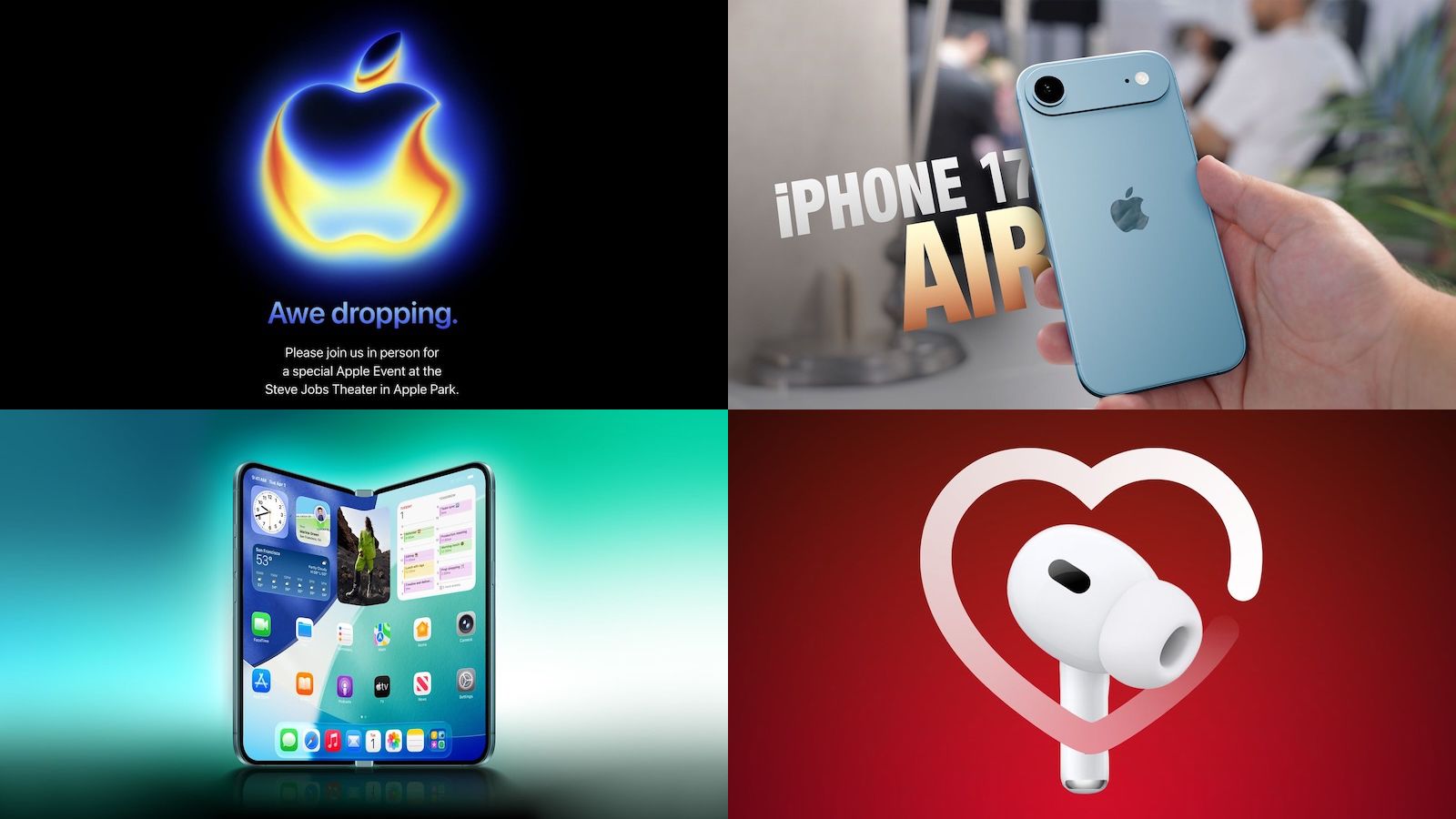Proton is expanding its suite for privacy and security-led tools even further with the introduction of a new two-factor authentication app. This is Proton’s first foray into 2FA, although it does already offer its own password manager. It says it wants to offer an alternative to Google and Microsoft’s popular tools as well as dedicated tools like Authy and Duo.
The new open-source app joins services like Proton Mail, Proton Pass, and Proton VPN. This one is called Proton Authenticator, and it works in a similar way to its rivals by generating unique login codes that only last 30 seconds before regenerating as an alternative to SMS authentication.
Proton Authenticator is out now, and it’s available across Android, iOS, Linux, macOS, and Windows. You can use the tool with or without a Proton account, and it’s free for everyone.
The app will automatically backup data, and it can be used offline. Proton promises a secure system that syncs across all of your devices, allowing you to easily switch between mobile and desktop whenever necessary. You can also lock the app down further with biometrics or a PIN.
Proton’s announcement says, “While there are many 2FA apps available, the majority are closed source, rely on ads and trackers, and don’t offer end-to-end encrypted 2FA backups. Some of them don’t even support data export, so you are trapped forever in a bad app that might eventually disappear.”
If you currently use a rival authentication app that does allow you to export your data, you can import that into Proton’s alternative to get started.
“We believe strong security should never come at the cost of your convenience or privacy,” says Eamonn Maguire, Head of Account Security at Proton. “That’s why we’ve developed Proton Authenticator: to give users peace of mind that their 2FA codes are available wherever they need them, without relying on Google or Microsoft. We’re putting users firmly in control not only over their data, but the way they access their online accounts.”
Recommended by Our Editors
Last week, Proton launched its first AI chatbot as a privacy-first alternative to ChatGPT, Google Gemini, and more. It’s called Lumo, and Proton says it “keeps your conversations confidential and your data fully under your control — never shared, sold, or stolen.”
Proton highlights how users are sharing more private information with AI chatbots such as health problems or complicated legal documents.
OpenAI’s CEO, Sam Altman, recently highlighted how your conversations with ChatGPT aren’t legally protected, and the company could be forced to unveil data during lawsuits. He said, “If you go talk to ChatGPT about your most sensitive stuff and then there’s like a lawsuit or whatever, like we could be required to produce that. And I think that’s very screwed up.”

Get Our Best Stories!
Your Daily Dose of Our Top Tech News

By clicking Sign Me Up, you confirm you are 16+ and agree to our Terms of Use and Privacy Policy.
Thanks for signing up!
Your subscription has been confirmed. Keep an eye on your inbox!
About James Peckham
Reporter











